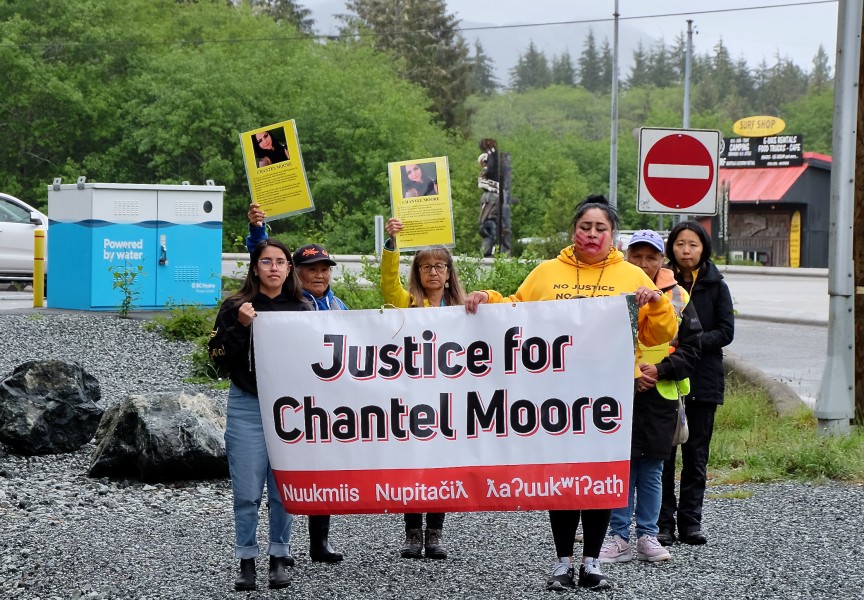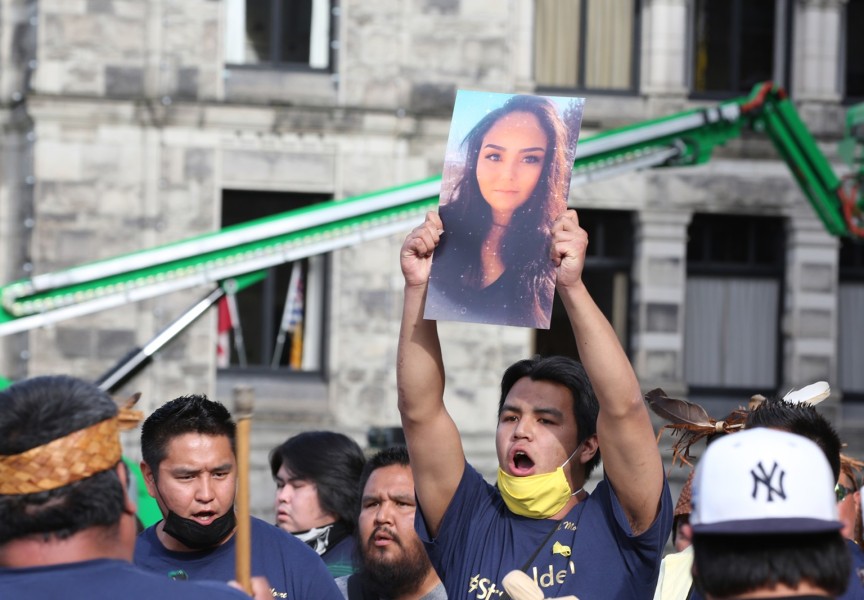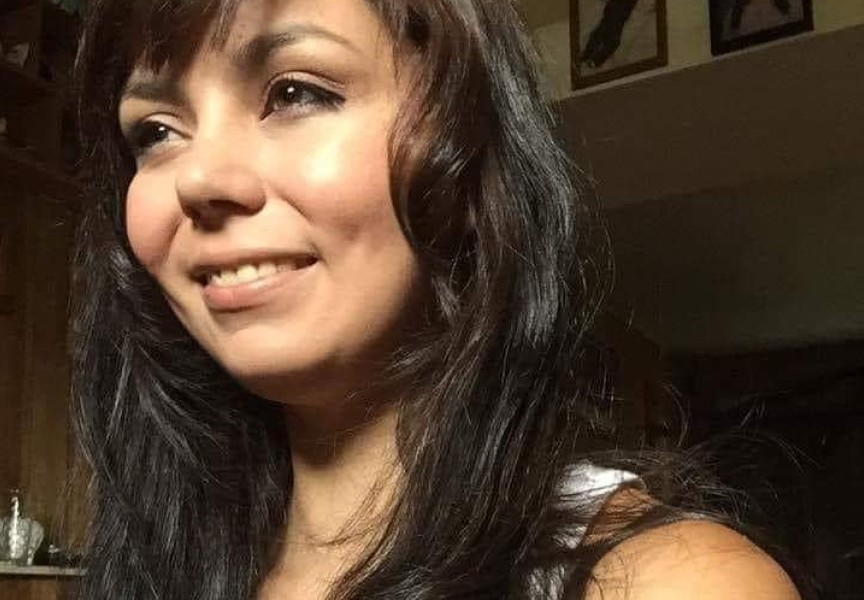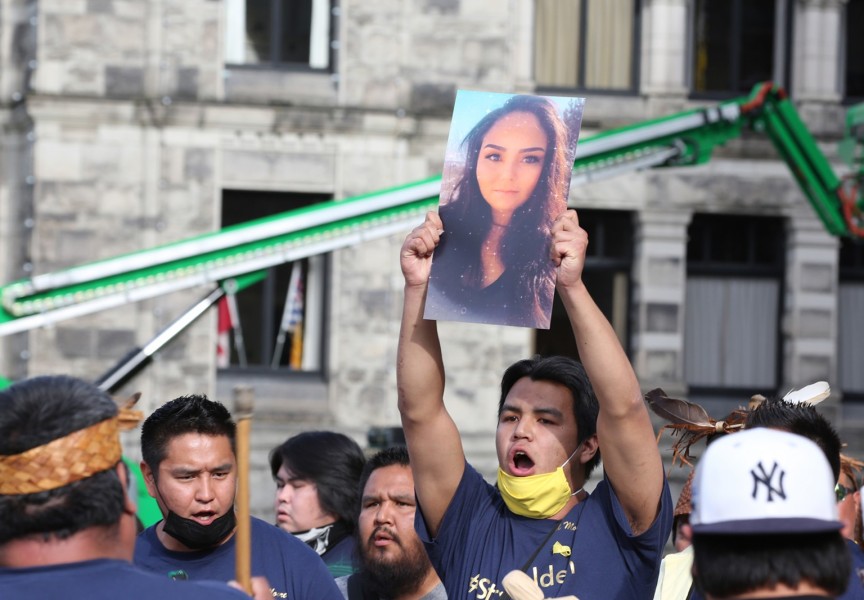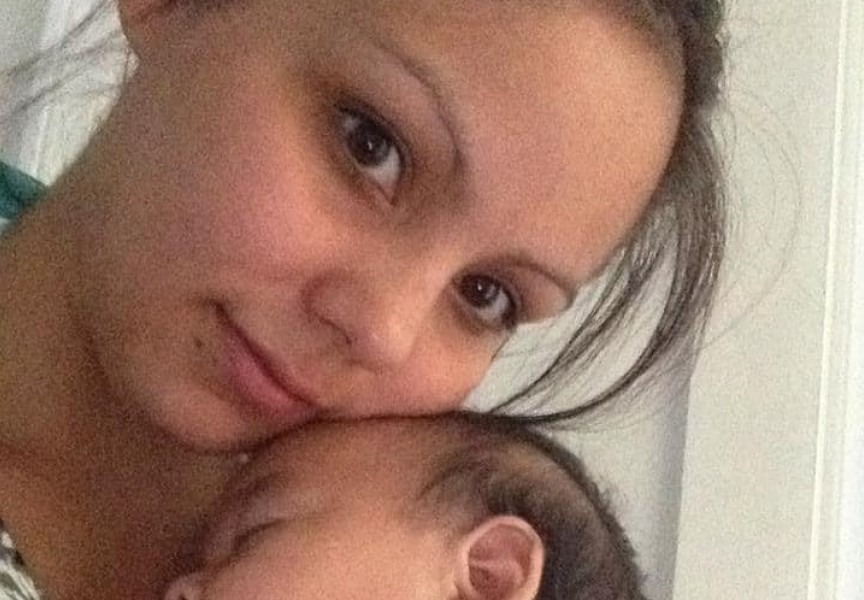It has been just over seven weeks since 26-year-old Chantel Moore of Tla-o-qui-aht was shot dead at her apartment during a wellness check by an Edmundston police officer in New Brunswick, and the family still waits for answers as a Quebec-based police watchdog organization, continues its investigation.
In Canada there are several independent investigation agencies whose role is to investigate incidents where a person is seriously injured as a result of police intervention. The idea is to allow for an impartial, unbiased examination of the events in question.
But with many of the investigators in watchdog agencies being former police officers, many in the country question whether their investigative findings can be fair.
The Bureau des enquêtes indépendantes states that half of its 34 members are former police officers. It was the agency brought in to investigate the shooting death of Chantel Moore on June 4. The Edmunston Police Department said that Moore threatened the officer with a knife before she was fatally shot.
A team of BEI investigators arrived in New Brunswick hours after Moore was shot. According to Moore’s family, they spent a few days in Edmundston doing their work and are now back in Quebec, investigating remotely.
The BEI got its start on May 9, 2013, following a series of disturbing incidents that occurred in Val-d'Or, Quebec. A few years earlier, complaints were filed by Indigenous women claiming that they were drugged and sexually assaulted by Sûreté du Québec police officers in the 1980s and ‘90s.
Two retired police officers were charged following an investigation by Montreal police. One former officer pled guilty, one died by suicide after being charged with sexual assault and assault with a weapon. The two officers died before the cases went through the court system.
About 2,500 fellow officers of the two that were charged wore red bands on their uniforms while in the line of duty to show their solidarity with their charged colleagues.
Ghislain Picard, regional chief for the Assembly of First nations in Quebec and Labrador, has said Indigenous people don’t have hope for justice when police investigate themselves. Picard has said that the creation of a largely white investigative unit made up of former officers has done nothing to repair the relationship.
According to its website, the BEI collects evidence and information in an effort to reconstruct the event in minute detail.
“Careful examination, analysis, research, and structured interviews with witnesses and parties to the event are the backbone of the investigators’ work. Their task is to produce a complete, detailed report free of outside influence,” states the BEI website
They state that it is their mission to investigate independently, without government or police interference.
In addition to their investigative work, the BEI assigns an investigator to liaise with a designated family member throughout the investigation.
“During an independent investigation, it is the responsibility of the BEI to ensure communications with the family members of the deceased and to communicate any relevant information relating to the investigation process to the extent that this does not interfere with the investigation,” said Sylvie Boutin of BEI communications.
She went on to say that the information shared remains confidential to the BEI, but the representative designated by the family is free to share this information or not.
Martha Martin, mother of Chantel Moore, says the BEI has in fact been in touch with her, but she declined to share information they had for her.
Boutin stated that the BEI has investigated 26 police shooting deaths since June 2016, including the two New Brunswick cases: Chantel Moore and 48-year-old Rodney Levi eight days later.
“Of those 26 cases - six cases are still under investigation - one case is awaiting the DPCP's decision and for 19 of them, the DPCP (Directeur des poursuites criminelles et pénales - the Public Prosecution Services in Quebec) did not lay charges against police officers involved,” Boutin said in an email.
The average time required by BEI to produce a report following the establishment of an independent investigation is about eight months, according to Boutin.
“At the end of its investigation, the BEI will submit its report to the coroner responsible for the investigation in New Brunswick as well as to the New Brunswick Public Prosecution Services who will determine whether to lay criminal charges against the police officers involved,” Boutin wrote, adding that it will be up to these authorities to make the BEI report public or not according to the applicable legislation.
The BEI has absolutely no power to lay charges against a police officer.
In a June 4 Nuu-chah-nulth Tribal Council press release, called for immediate action in their request for an independent investigation into the incident.
“The family and community of Chantel needs answers as to why she was shot on a health check by the police. Justice must not wait and every power must be exerted to ensure that justice is served in an appropriate, immediate, and respectful way,” said NTC President Kekinusuqs, Judith Sayers, in a June 4 press release.



